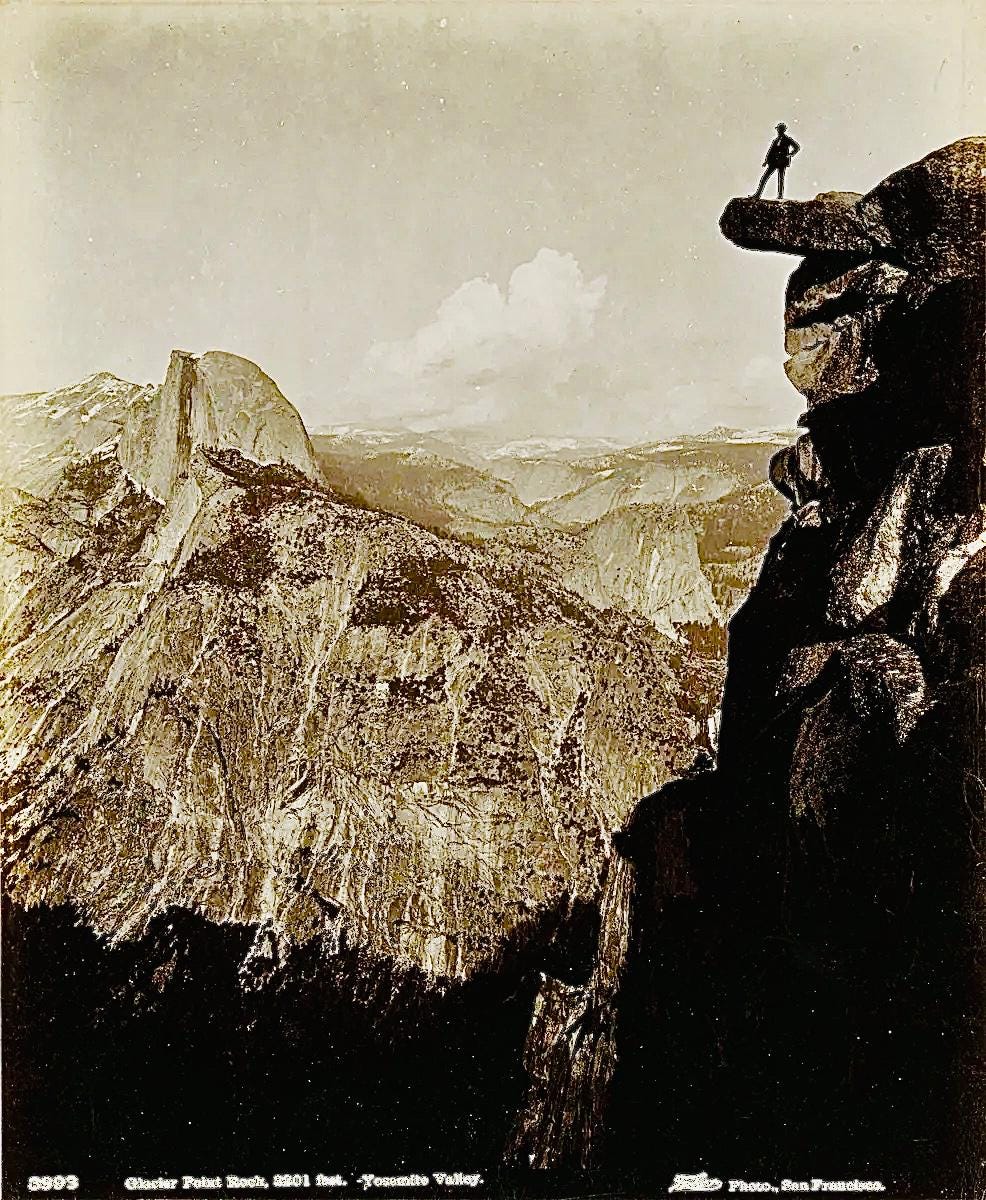End
In my beginning is my end. … In my end is my beginning.” East Coker, de T. S. Eliot
If the Sphinx, perchance, were to ask me in a tone of challenge —ever an enigma— “What shall be your End?”, I could answer her: “It is clear and defined, that over the End I hold dominion only when I embrace T. S. Eliot.” For him, the End is the place from which we set out—a perpetual return that is not regressive, but transformative.
For myself, I have my End when I embrace my vision of what I intend to desire—or feign to intend, for my own consolation. A purpose. More than a mere finality.
Without such an End, my eyelids would not open in the morning,
and I would pass the hours of the day as one blind,
without willing, or pretending to will.
I prefer this End to the other, for survival, preservation, and self-indulgence:
the End as the place where we arrive; for this one—if I were to know my fate, my finitude—would reduce my journey to dust
and drain my volitions.
For humankind fears and ignores, by its utmost will, its own ending—
unable to endure its finitude,
until it is far too late. Life would be unbearable were we to grasp it fully, writes the poet Fernando Pessoa.
Perhaps the mysterious instant of revelation—necessary and sufficient for the existential turning point, the conversion, or the seminal change—may pass through it.
A point of hyperreality (see Read Before It Fades), now not external, merely empathic and reflective, but inward, wholly devastating.
Upon ruins and rubble a new being would arise, built anew.
The End from which we set out is a comfort,
for it points toward the uncertain and imaginative future,
yet still present; through it, we live in the now.
The End toward which we go leads to oblivion—
and none can endure non-existence,
foundation of religions and of that primordial science,
also called philosophy.
Though their outcomes differ; for, as Bernardo Soares—one of Pessoa’s heteronyms—wrote:
“the perfect man of the pagan was the perfection of the man who is;
the perfect man of the Christian, the perfection of the man who is not;
the perfect man of the Buddhist, the perfection of there being no man.”
End: a dubious word,
enclosing within itself two opposites—
the smallest possible nominal contradiction, a paradox in miniature.
End, opposite of beginning.
End, origin of purpose. My driving force.
When, at last, my own shall come,
I shall play the poet
and, by some magic, exchange the one for the other.
“We shall not cease from exploration
And the end of all our exploring
Will be to arrive where we started
And know the place for the first time.”
—Excerpt from Little Gidding, T. S. Eliot
This essay was originally published in Portuguese on July 27, 2025. You can read the original version here:






